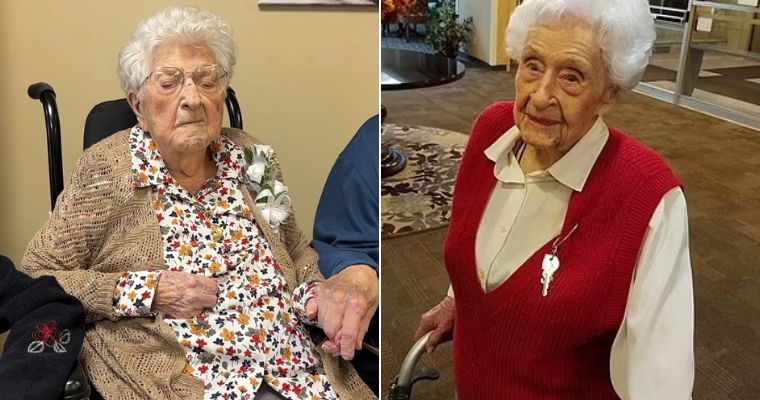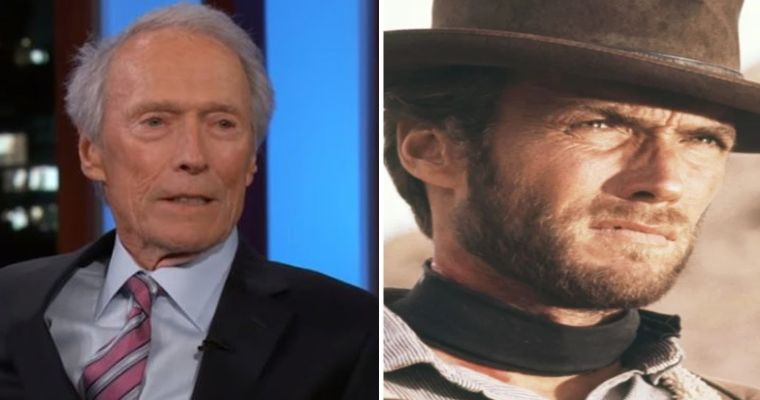The Virginia teacher’s effort is admirable. It’s also shameful that effort is needed.
Gabe Segal, 29, is now teaching in the same Virginia community where both his parents taught. (Erica Nagy/Courtesy of Gabe Segal )
As Gabe Segal tells it, when he decided months ago to pay off every student’s meal debt at the Virginia middle school where he teaches, the cost was about $1,200.
Now, he said, that number is closer to $7,500.
Before the school year ends, he expects that amount will increase even more. But no matter where that final figure lands, Segal plans to cover the cost, so students and their families won’t have to worry about that debt.
“That’s my number one goal,” Segal told me on a recent evening. He explained his motivation: Too many families already face enough tough decisions when it comes to expenses, and they shouldn’t have to figure out how to afford to feed their children while they’re in school.
Segal, who teaches science and special education, said he’s not worried about the students who receive free lunch. He’s worried about the many who don’t, because their families appear on paper to make enough money or because they didn’t fill out the paperwork needed to qualify for free or reduced-price meals.
A Virginia church pays off meal debt at two school systems. They want others to follow suit.
“A lot of those kids have fallen through the cracks,” he said. “Since I’m a teacher, I see firsthand what some of our kids are going through.”
He sees students rest their heads on tables because they lack energy from not eating enough. He sees students ask for snacks because they didn’t bring anything from home. He sees how missed meals, and the stress that comes with food insecurity, affect students academically and behaviorally.
“It has a rippling effect on these kids,” Segal said. “If I check in on one of the students I mentor and they’re having a rough day, usually the first thing I ask is, ‘Did they eat?’ Predominantly the answer is, ‘No.’”
Segal, who is 29 and grew up in Northern Virginia, has erased the meal debt for a school before. In 2020, when he was a teacher at Sleepy Hollow Elementary School in Falls Church, he used the stimulus check he received from the federal government to donate $250 to the school PTA and pay more than $600 to clear the meal debt of students. At the time, he told the Fairfax County Times, “We’ve all been doing double the work, but it’s important to look around and help if you can because there’s a lot of families that are really struggling.”
This time, the effort has taken on an added significance for him. He said he was adopted as a baby from a Russian orphanage and raised by parents who were both teachers in Herndon, where he’s now an educator. By helping students at Herndon Middle School, he’s helping families in his hometown community, he said.
Segal said if he could pay the entire amount on his own, he would. But he is a teacher, after all. When he realized the cost was going to exceed what he could pay out of pocket, he started a fundraising effort. So far, he has collected about $5,000 and he said he feels confident that community members will help him raise the rest. Many of the people who have donated, he said, have told him they didn’t realize meal debt was even a problem.
As I spoke to Segal on a recent evening, two thoughts pulled at me simultaneously: His effort to make students’ lives easier by eliminating their meal debt is admirable. It’s also shameful that effort is needed.
The work of making sure children don’t carry food insecurities should not fall to teachers. We already ask too much of them. Federal lawmakers should be the ones ensuring that all students, regardless of their parents’ income, receive free meals at school.
I learned of Segal after I wrote a column about how D.C. is considering a proposal that calls for providing free meals to all students. In that piece, I pointed to the need for other cities and states to also put in place protections that would make sure children don’t go hungry — until Congress does what is right. And what is right is passing legislation that would ensure students across the country receive free meals in school every day, whether or not their parents fill out a form.
D.C. could offer free meals to all students. Every city should.
The federal government put that practice in place during the pandemic, before taking it away in September.
Schools have thankfully eliminated the stigmatizing practices of giving students inferior lunches if they owed money or stamping their hands with reminders for their parents to see. But going into the red for eating a school meal carries its own stigma, and this year has seen students across the country accumulate massive amounts of debt.
A January report from the School Nutrition Association, a school food trade group based in Arlington, Va., reflects the survey responses of 1,230 school meal program directors across the nation. More than 96 percent reported meal debt was a challenge. The survey found that in 847 districts that reported their current meal debt, the total amount exceeded $19 million. In one district, the debt for school meals was $1.7 million.
Another key finding from the survey: “66.8% reported an increase in stigma for low-income students, who often depend on school meals as a key source of nutrition.”
“School meal programs are at a tipping point as rising costs, persistent supply chain issues and labor shortages jeopardize their long-term sustainability,” said School Nutrition Association President Lori Adkins in a news release about the survey. “Congress has an opportunity to protect this critical lifeline by making reimbursement increases permanent and allowing us to offer free meals to ensure all students are nourished during the school day.”
Congress needs to provide a permanent fix. Without that, feel-good stories of people paying off school debts no longer feel good. They feel wrong.
Segal gets that. He has met with several local and state lawmakers in recent months about the issue. He said he has been speaking out in hopes of encouraging people to help students in their own communities and seeing legislation put in place that would make those efforts no longer needed.
“I don’t want the debt to be paid off, and then the next year, the same thing happens again,” he said.
Source : washingtonpost.com









